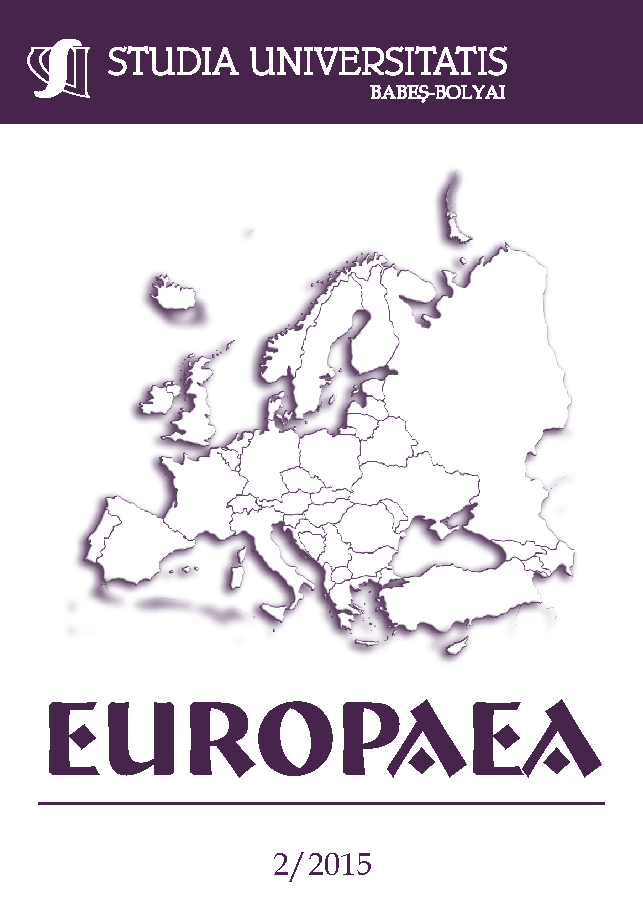ROMANIAN MIGRATION ABROAD AND EUROPEAN INTEGRATION: THE SOCIOCULTURAL ASPECTS
Keywords:
migration, intercultural communication, integration, identityAbstract
Amongst all European countries, Romania has one of the biggest immigrant communities abroad, and this has become a major social issue, especially after Romania became a member of the European Union. But what happens to these Romanian immigrants from the sociocultural point of view? Are they integrating themselves successfully in their adoptive countries? Which factors exert the most important influence in the process? How is sociocultural identity being reshaped by the immigration experience? In this paper, we shall try to find answers to all these questions, using already existing theories and studies, but also using a primary research on a group of high-skilled immigrants living in Italy and Great Britain.
References
Cobianu, Elena (2008), Cultura și valorile morale în procesul de globalizare, Cluj-Napoca: Grinta.
Constantin, Daniela-Luminita (coord.) (2004), Fenomenul migrationist din perspectiva aderării României la Uniunea Europeana, Iași: Institutul European.
Gavreliuc, Alin (2011), Psihologie interculturala, Iași: Polirom.
Nedelcu, Anca (2008), Fundamentele educatiei interculturale, Iași: Polirom.
Olariu, Florin-Teodor (2010), „Romanii din Torino – comportament și atitudini (socio)lingvistice în mediu aloglot”, în Philologia Jassyensia VI, nr. 2, 219 - 229.
Radu, Mircea (2006), „Politica și practica privind integrarea imigranților și refugiaților în statele Europene”, în Calitatea Vieții XVII, nr. 3-4, 319-341.
Rusu, Horațiu (2008), Schimbare sociala și identitate socioculturala, Iași: Institutul European.
Sandu, Dumitru (2010), Lumile sociale ale migrației românești în străinătate, Iași: Polirom.
Downloads
Published
How to Cite
Issue
Section
License
Copyright (c) 2015 Studia Universitatis Babeș-Bolyai Europaea

This work is licensed under a Creative Commons Attribution-NonCommercial-NoDerivatives 4.0 International License.






